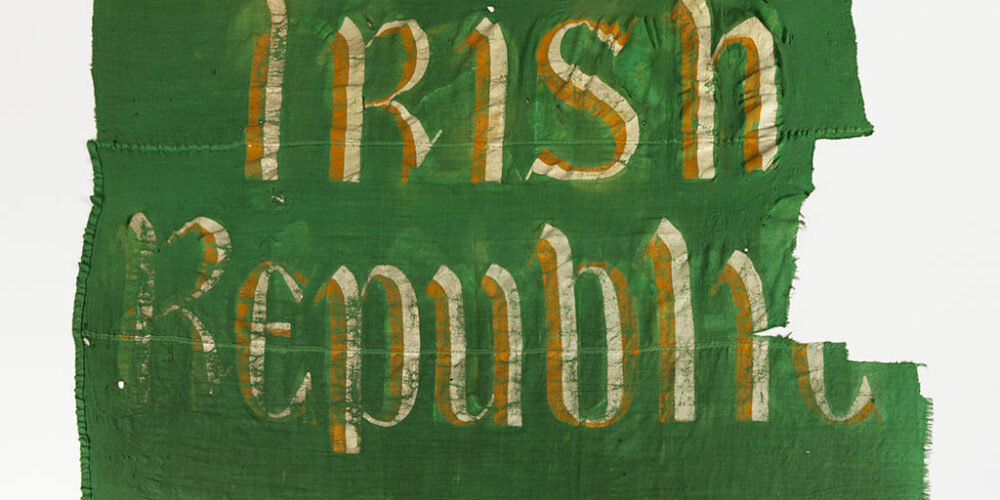The Business Post of 14th January 2024 claimed that Sinn Féin had been on “an outreach programme” with big business to reassure them that Sinn Féin in government would not “rock any boats.”17 As the entrance fee to government under capitalism is to support the system, this “revelation” comes as no surprise. In the 26 counties, in order to “govern”, a party has to accept the dominant position of the Irish ruling class and the state’s position within the imperialist system. Of course, some changes can be made, but the capitalist system cannot be challenged.
Sinn Féin in government will follow the well-beaten track of other political parties whose origins lay in the Republican Movement, i.e. Fianna Fáil, Clann na Poblachta and Democratic Left. Each entered government promising a break with the past and all ended up supporting the constitutional and economic status quo.
Is this a peculiarity of Irish Republicanism? Must it always end in compromise and acceptance of imperialist dominance? Is it a case of personal ambition and frailty leading to betrayal by those in leadership positions?
A key document for Irish Republicans, and for Communists, is the 1916 Proclamation which states: “the right of the people of Ireland to the ownership of Ireland and to the unfettered control of Irish destinies, to be sovereign and indefeasible.” Anything less than that is not freedom. For a clear definition of sovereignty in Irish Republican thought we need look no further than Pádraig Pearse who, in The Sovereign People, wrote that “National independence involves national sovereignty.”18 And Pearce was adamant that it is the people who are sovereign. “Let no man be mistaken as to who will be lord in Ireland when Ireland is free. The people will be lord and master.”19 The people can only be lord and master when they have both economic and social freedom, or in other words socialism.
The Communist Party of Ireland recognises the historic role of Irish Republicanism in unifying forces in opposition to British Imperialism. In common with Republicanism, we identify British imperialism in Ireland as violent, sectarian, repressive and undemocratic, based as it is on the continued repression of the democratic wishes of the Irish people.20
However, we believe that one of the main weaknesses of Republicanism is that it has historically lacked a clear understanding of class struggle as the driver of politics and the centrality of class struggle to radical social change. It has failed to learn from Connolly that separation from Britain will not necessarily be followed by a progressive re-organisation of society. It correctly recognises the political and military aspects of British imperialism; however, it fails to see imperialism as a function of capitalism and, as the history of anti-colonial struggles worldwide has shown, unless anti-colonial struggle is also anti-capitalist it will end in a neo-colonial relationship with imperialism in which a native ruling class enrich themselves while “fulfilling the work of the foe.”
It was this weakness that led the leadership of the Republican Movement to enter into a class alliance with Irish bourgeois and petty bourgeois elements in the hope of ending British rule. This led to the Good Friday Agreement and has now led to Sinn Féin being prepared to administer the 26-county state in the interests of the ruling class.
The road to progressive advance involves mobilising working people north and south of the British-imposed border around demands of social progress, democracy and sovereignty. All struggles under capitalism are class struggles. The struggles against native capitalism and foreign imperialism must resonate with people. The task confronting Republicans and the CPI is to show how a united, sovereign, socialist republic will meet the needs of all working people in Ireland.






